1181 Question/Answers
 A woman beautifully made up is when the makeup is barely noticed. How can you use special effects at the service of creativity?
A woman beautifully made up is when the makeup is barely noticed. How can you use special effects at the service of creativity?
Feb 20, 2014 - 12:00 AM
 To understand talent, you need to have talent. Do you really think that best films proposed are the ones being put on the screen? Are the persons selecting really that talented?
To understand talent, you need to have talent. Do you really think that best films proposed are the ones being put on the screen? Are the persons selecting really that talented?
Feb 18, 2014 - 12:00 AM
To understand talent, you need to have talent. Do you really think that best films proposed are the ones being put on the screen? Are the persons selecting really that talented? Is anyone out there truly looking for the next Fellini?
 Some writers put their talent as a service to story, but others have their stories inside them and sculpt them as they emerge. Can one impose like a writer and a director at the same time?
Some writers put their talent as a service to story, but others have their stories inside them and sculpt them as they emerge. Can one impose like a writer and a director at the same time?
Feb 17, 2014 - 12:00 AM
You say that there are two types of writers - the ones that put their talent as a service to story and those who have their stories inside of them and sculpt them as they emerge like statues. These artists often direct their own films. Is it possible to impose like a screenplay writer and a director at the same time?
 In 1937, Walter Benjamin said that the cinema is the only art without aura because it is not born of “hic et nunc.” How can we review this concept today?
In 1937, Walter Benjamin said that the cinema is the only art without aura because it is not born of “hic et nunc.” How can we review this concept today?
Feb 14, 2014 - 12:00 AM
In 1937, Walter Benjamin said that the cinema is the only art without aura because it is not born of “hic et nunc,” based on its technical reproducibility. How can we review this concept today and speak of the holiness of a film as a masterpiece?
 You say that a story cannot be told about a protagonist that doesn’t want anything. Peter Sellers’ character in “Being There” seems to contradict this. Is he then not a protagonist?
You say that a story cannot be told about a protagonist that doesn’t want anything. Peter Sellers’ character in “Being There” seems to contradict this. Is he then not a protagonist?
Feb 13, 2014 - 12:00 AM
In chapter 7 of “STORY,” you say that a story cannot be told about a protagonist that doesn’t want anything. Peter Sellers’ character in “Being There” seems to contradict this. Is he then not a protagonist? Or how would you categorize this story?
 Films often depict the protagonist as reluctant to take on their mission. What is so special about reluctance? What’s wrong with wanting to achieve your mission?
Films often depict the protagonist as reluctant to take on their mission. What is so special about reluctance? What’s wrong with wanting to achieve your mission?
Feb 12, 2014 - 12:00 AM
Films often depict the protagonist as reluctant to take on their mission. What is so special about reluctance? What’s wrong with wanting to achieve your mission?
 Should a writer conceal information that the protagonist knows from the audience? Is it okay to conceal a piece of information to allow for a plot twist at the end?
Should a writer conceal information that the protagonist knows from the audience? Is it okay to conceal a piece of information to allow for a plot twist at the end?
Feb 11, 2014 - 12:00 AM
Should a writer conceal information that the protagonist knows from the audience? Is it okay to conceal a piece of information to allow for a plot twist at the end?
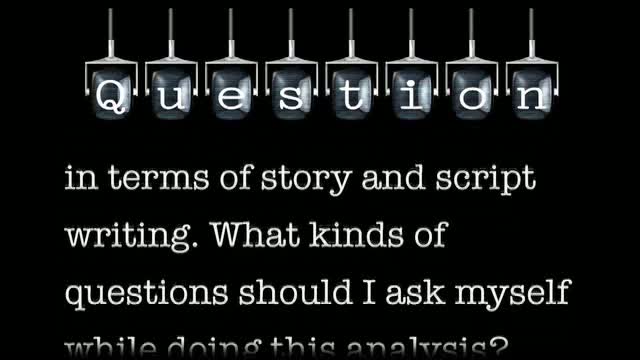
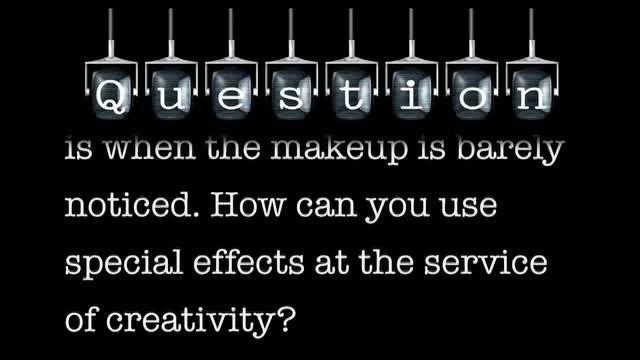

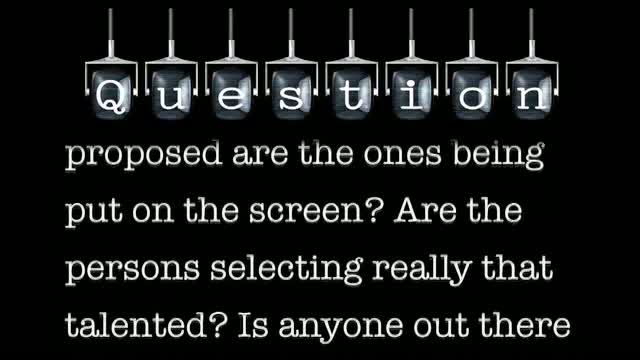
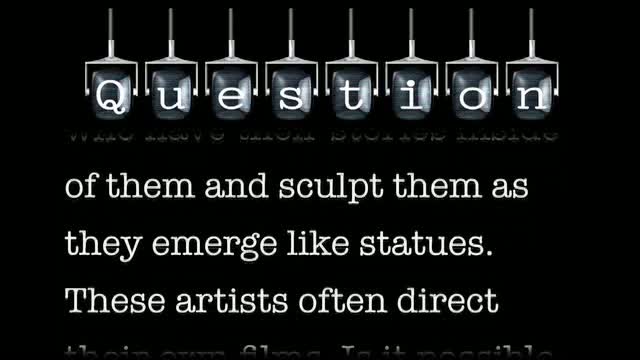
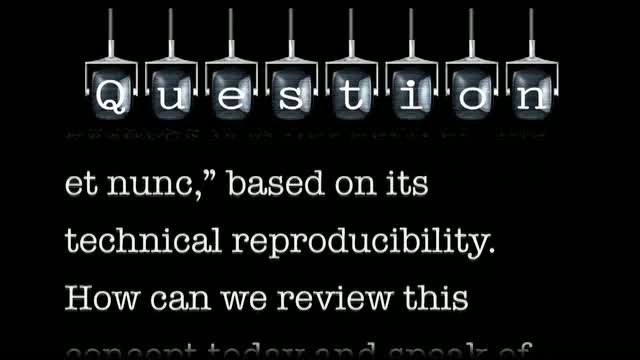
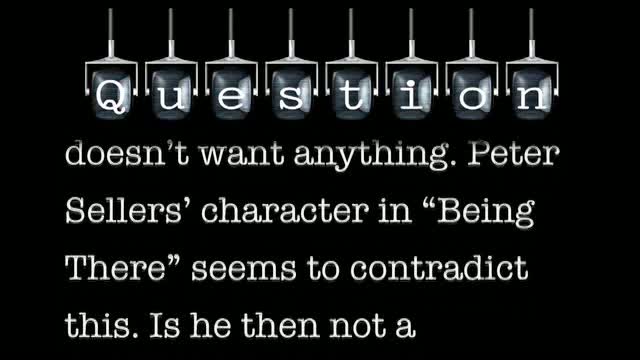
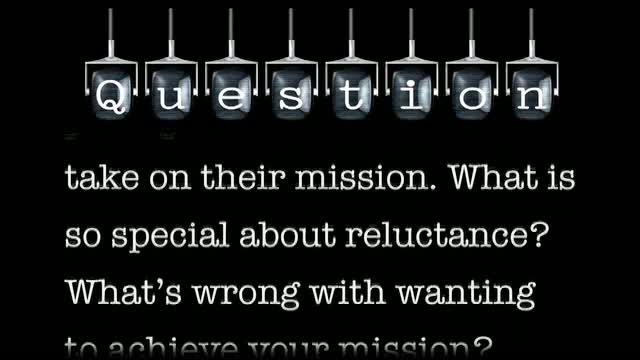
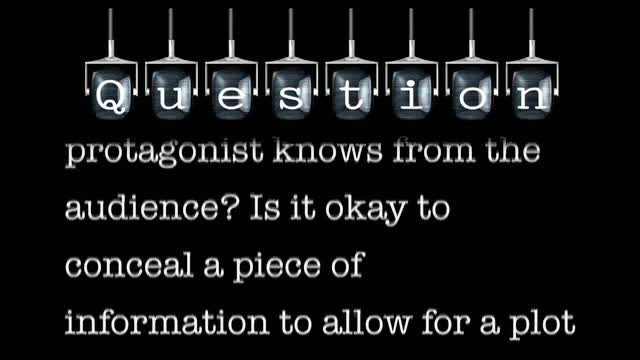
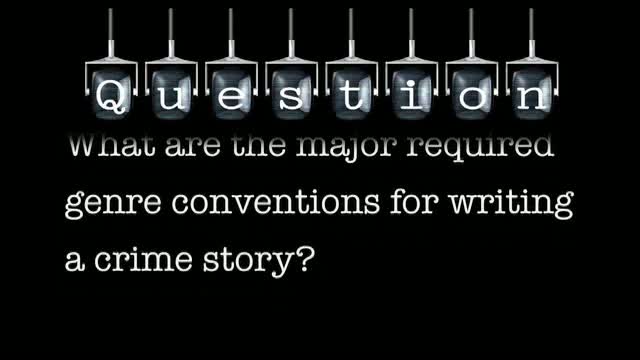

 Requires
Requires